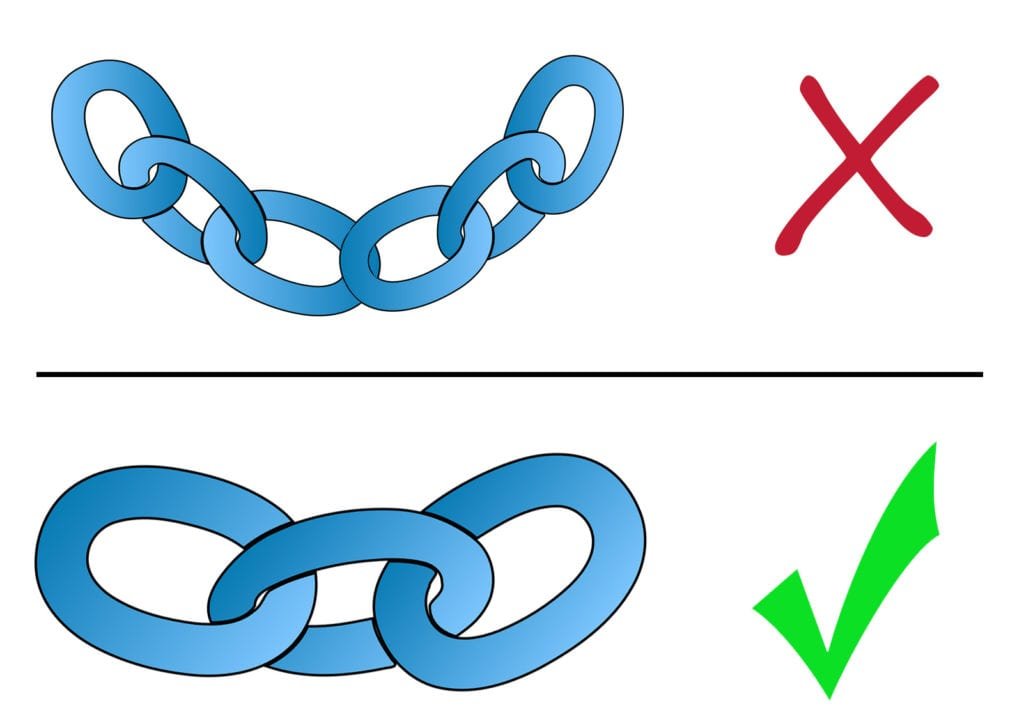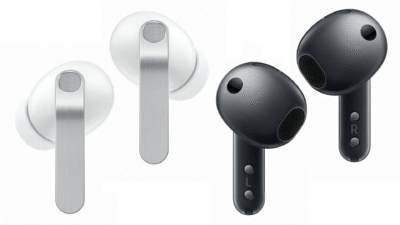Link building techniques for beginners

Links
Google SEO, or Search Engine Optimization, is vital for any website which wants to earn viewers. It helps your website appear closer to the top of Google’s results, making it easy for people to find even if they have not previously heard of your website. Properly done, SEO can attract hundreds of unique viewers every day, which could translate into customers, clients, or simply passive income for you.
There are many ways in which websites may be optimized for search engines such as Google. A well known method is to use common keywords within web copy so that anyone searching for those keywords finds your site as a result. Since this method is so easily implemented, however, there may be many sites competing for views with the same keyword phrases. You need to make your website stand out above the rest by making it seem more credible in Google’s eyes. To do this, you can use linking.
What Is Linking?
Linking is when different sources contain links to your website. There are several types of linking which each contribute differently to how Google perceives your site. From most to least effective, these linking types are as follows.
-One Way Linking: This is when a website links to a page within your site, with no reciprocal linking. Google considers this the best kind of
Importance of internal links in Google search ranking
-Three Way Linking: This is when your website links to a different website, which links to a third website, which links to your site. It’s basically a small circle of linking which benefits all three websites. Google ranks this below one way linking, since all parties benefit from it, but above two way linking, since more websites are involved.
-Two Way Linking: As you may have guessed, this is when you link to a website which links back to you. Since both websites directly benefit from this sort of linking, it is not highly effective; however it is also the easiest kind of linking to set up.
Ways to Link
There are many different ways to link, some which require the aid of others and some which you can set up by yourself. You may implement any combination of the following ideas to start building a solid linking network around your website.
Blog: Opening a blog is a type of linking which you may set up by yourself and which can be either a one way or a
As far as content itself, your blog should cover a topic which is at least somewhat related to your website. Be careful not to overdo the links; not every single post should link to your site. Otherwise, Google may consider the abundance of links “stuffing” and invalidate links from your blog.
Directory Sites: There are many directory websites on the Internet to which you can submit your website’s URL. While this is a form of one way linking, it is less effective than other types of one way linking. However, directory sites are still worth submitting to since the process is quick and simple and it will help refer more people to your site.
You can do a search for directories… try to keep your submissions focused on the bigger directories (DMOZ, Yahoo, etc.) or niche directories, if possible.
Forums: Joining forums which are related to your website’s topic can help you network as well as provide a great medium for one way links. Include a link to your website in your forum profile or signature, and be sure your posts are well thought out and worthwhile to read.
Networking: As you’ve likely surmised, you can set up two way and three way links simply by contacting other website owners. Look for websites which are related to yours and contact the owner to inquire about link trading. You may want to make a separate “Links” page within your website to tuck the links away neatly.
Improving Your Linking Methods
Creating a network to get your website recognized through linking is a time consuming task that requires dedication and regular maintenance. Make sure you’re using your time and effort to its full potential by following this advice:
Vary Your Links: Although it can be tempting to always link straight to your homepage, it’s actually more effective if you occasionally link to different pages within your site. Your homepage should still be the primary link, used for directories and for link swapping with other websites. However, if you link to your site from a blog or on forums, you should instead link to the page on your site which most closely relates to the topic.
Don’t Overdo: “Link stuffing,” which was mentioned earlier, is something which you should avoid. Incessant linking, especially if it’s all from one source, is perceived by Google to be spam. Prevent stuffing by confining the links you have on your blog and forum sites to only one place. If you have a blog, link to your website from your “About” page and only occasionally link from your entries. In forums, link to your site from your profile, and very rarely do so from individual posts.
Optimizing your site for Google and other search engines takes time, effort, a lot of dedication, and some technical know-how. By following the advice and using the ideas here, you can boost your website’s rankings and amass plenty of web traffic.
Digital marketing enthusiast and industry professional in Digital technologies, Technology News, Mobile phones, software, gadgets with vast experience in the tech industry, I have a keen interest in technology, News breaking.










